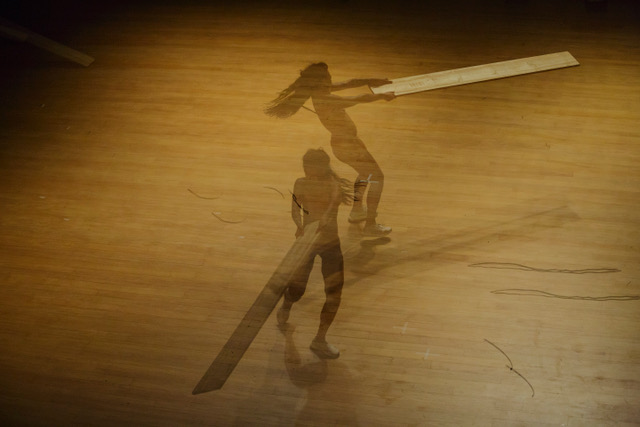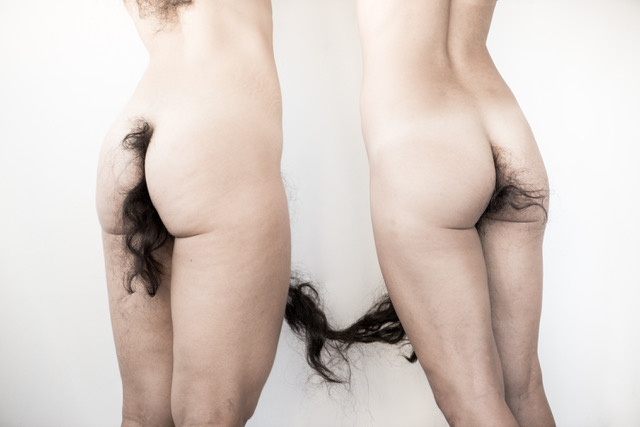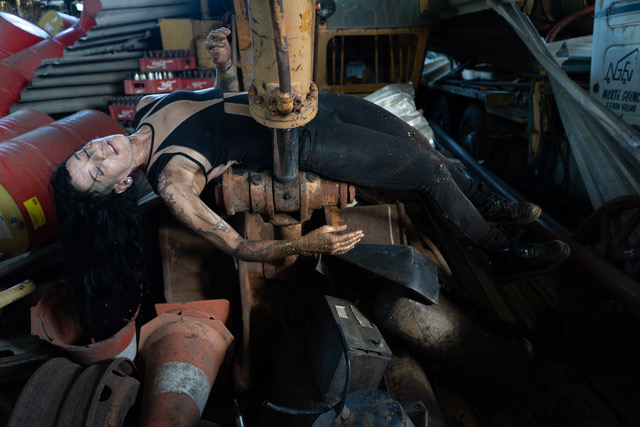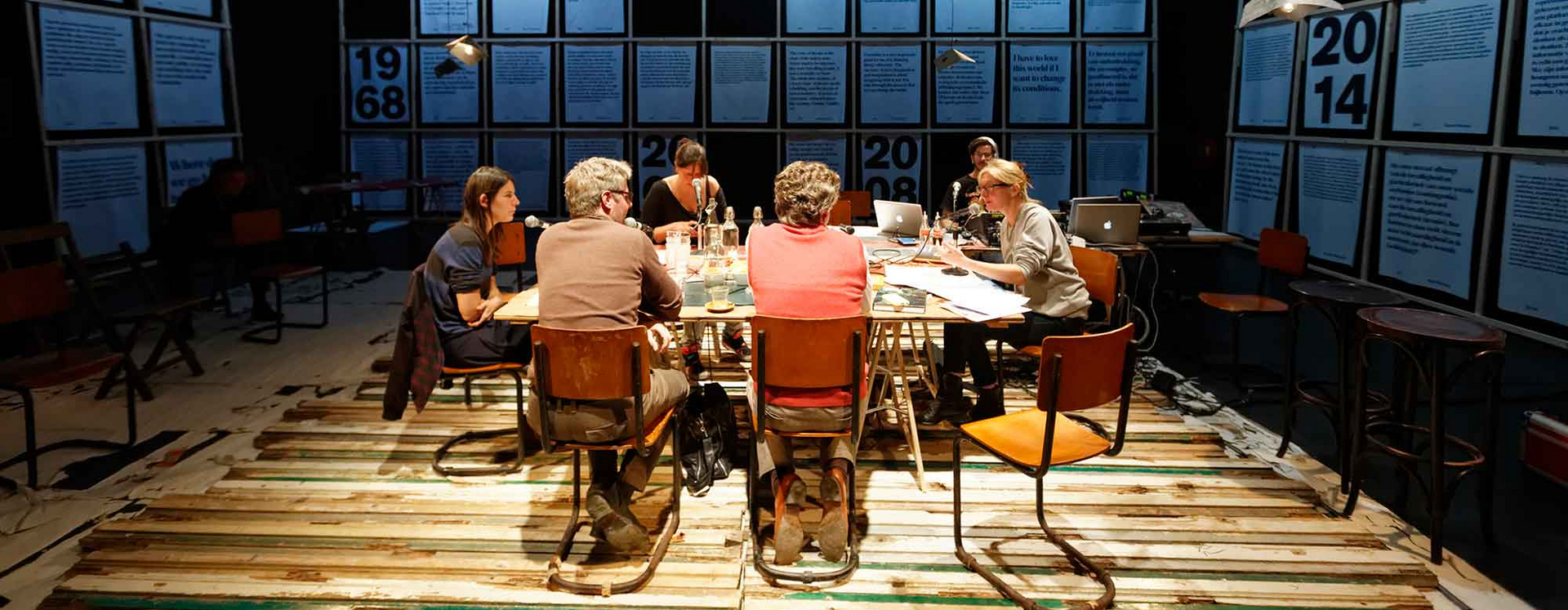Flavia Pinheiro

Flavia Pinheiro is a choreographer and performer from Recife, Brazil currently based in Amsterdam. Her research foregrounds networks of resilience and resistance to systems of knowledge by fabulative speculations around Science and Technologies. Her artistic practice in an ongoing attempt to create breathing and vital conditions; in an unstoppable dance, she creates improbable exchanges with the nonhumans such as bacterias, plants, birds, antelopes and ghosts. She focuses in states of survival and refusal of captivity by proposing a radical ontological turn. She navigates in different medias (photography, video, performance, installation, urban intervention, publications ) to underline how diversity and transversality can contribute to (un)learning colonial pedagogies.
https://flavia-pinheiro-site.webflow.io/
https://cargocollective.com/flaviapinheiro
MIMOSA is a speculative artistic-research based performance situated in a world centered on the unique cosmology of the photosynthetic kingdom of plants, honoring their role in providing the organic and chemical prerequisites for animal life to prosper. It discusses the place of a body in a state of constant invention and urgency, caught by the entropic forces of the world, and in permanent confrontation and negotiation with forms of control and power. It remembers how microorganism such as ancient bacterias gradually evolved into mitochondria inside eukaryotic cells gave rise to all complex life forms. This is less a question of memory or forgetting than it is one regarding the practice of freedom and the possibilities of transformation.
MIMOSA is searching the re-enchantment through an entanglement with plants and microorganisms from a phylogenetic perspective; an interspecies embodied learning experience to dismantle the ontogenesis of humanity towards decolonizing nature. It aims to bring to foreground the complexity of the colonial modernity ongoing process by dismantling hegemonic systems of knowledge through scientific language and digital technologies. The relation between captivity and freedom and the forces of migrants displacements that can be (dis)organize through uncanny and contradictory dynamics articulates the reverberations of contemporary forms of dispossession It is a continuation of a long-term term research that approach violence, rage, grief, and disappointment regarding the in vitro conditions which made humans and (more-than-human) a commodity. We will explore the borders between the animal, the vegetable , the speculative worlds in their placement in petri dishes, green houses, test tubes, houses and zoos, embodying emotional states related to macro-politics.

Photo by Mayra Azzi

Photo by Danilo Galvao

Photo by Danilo Galvao

Photo by Amanda Pietra

Photo by Amanda Pietra

Photo by Amanda Pietra

Photo by Mayra Azzi
